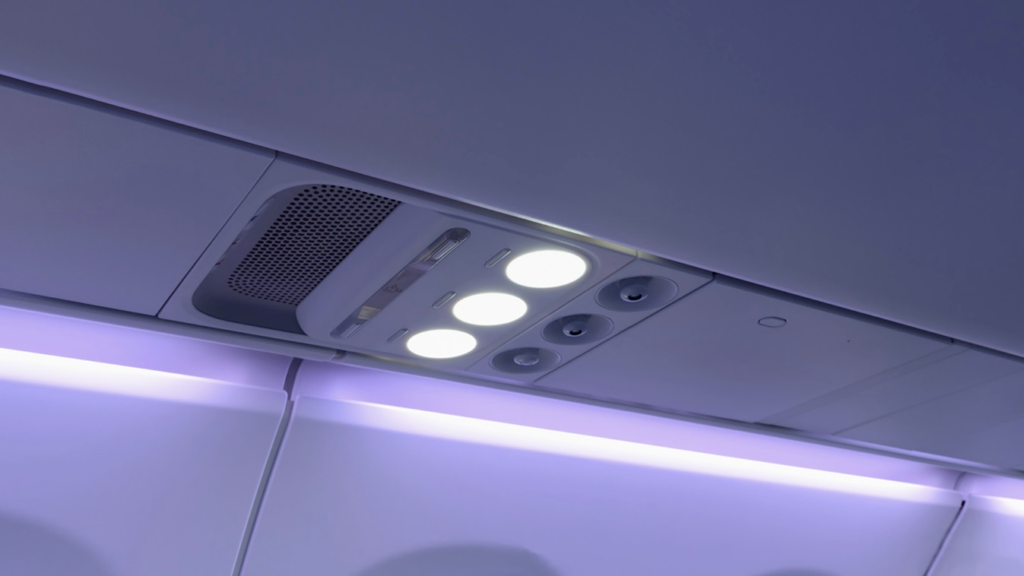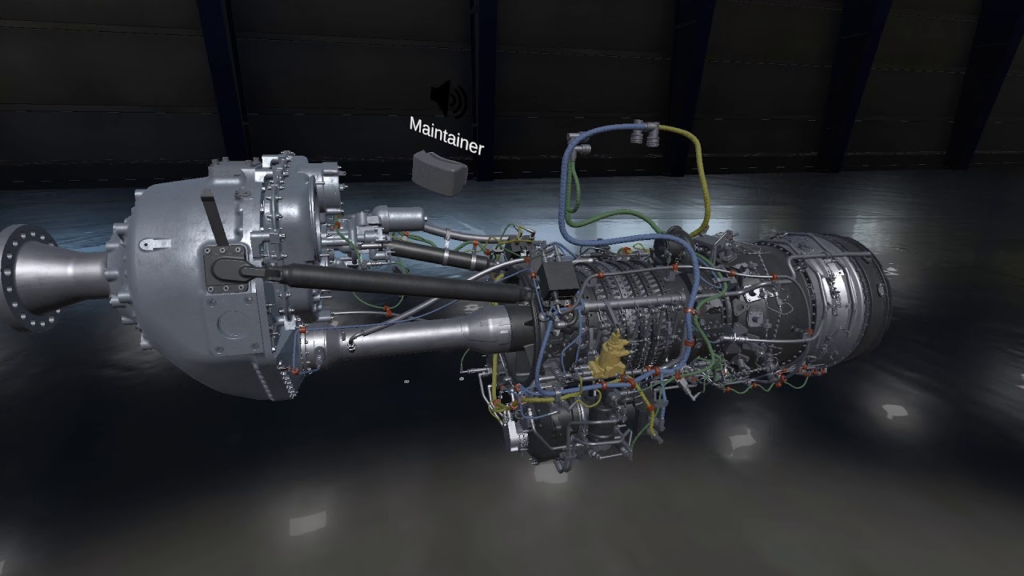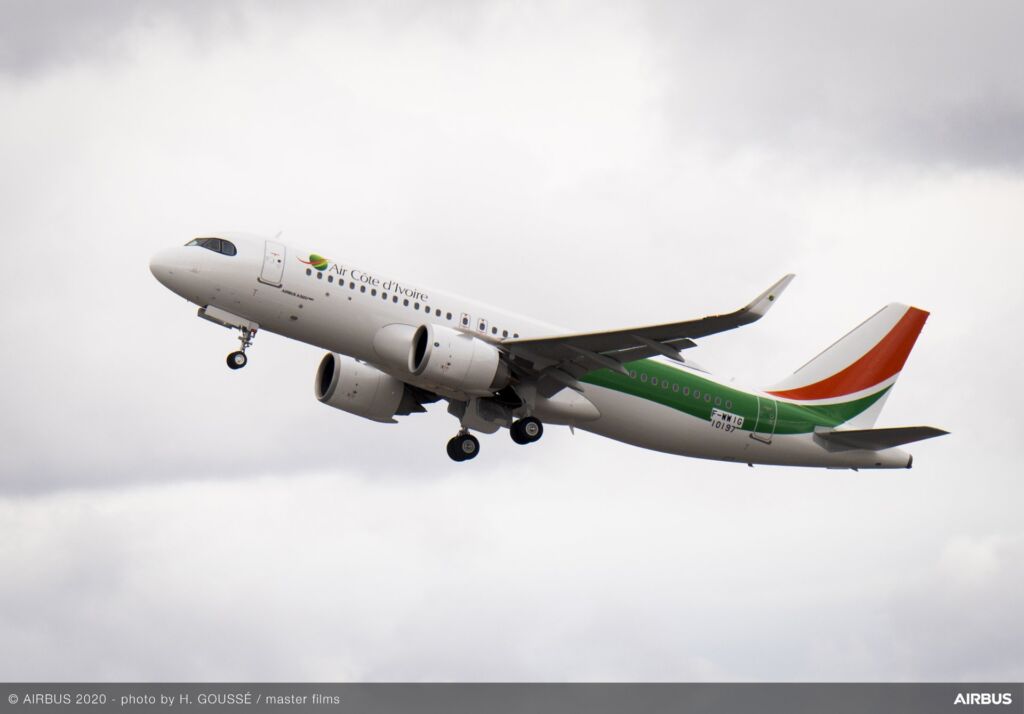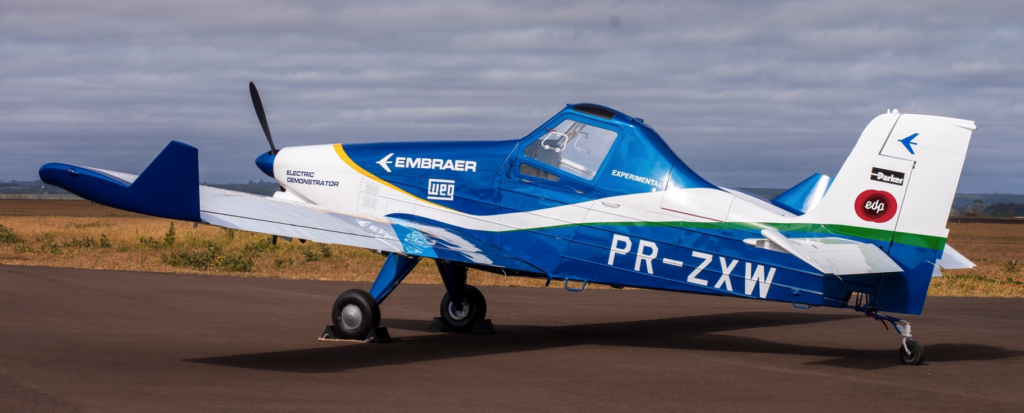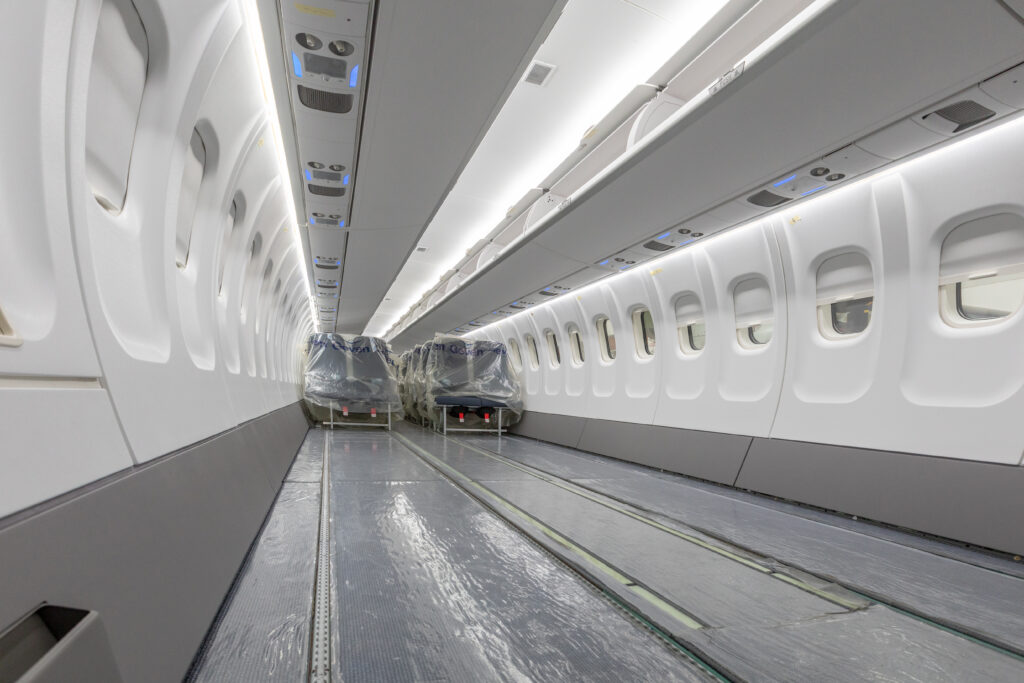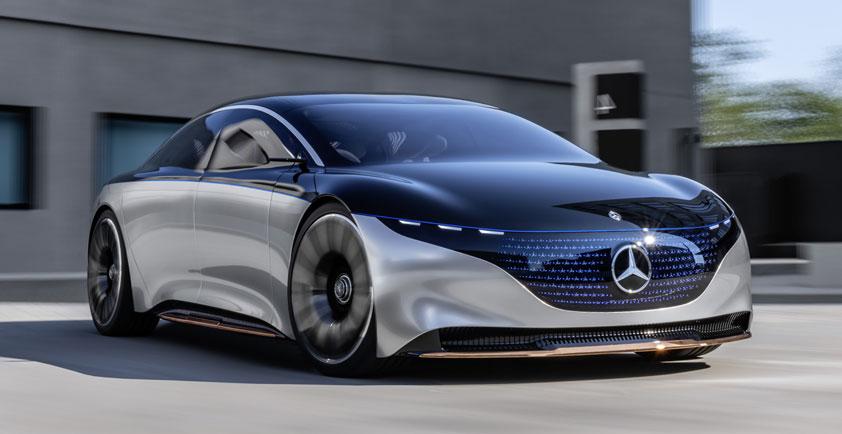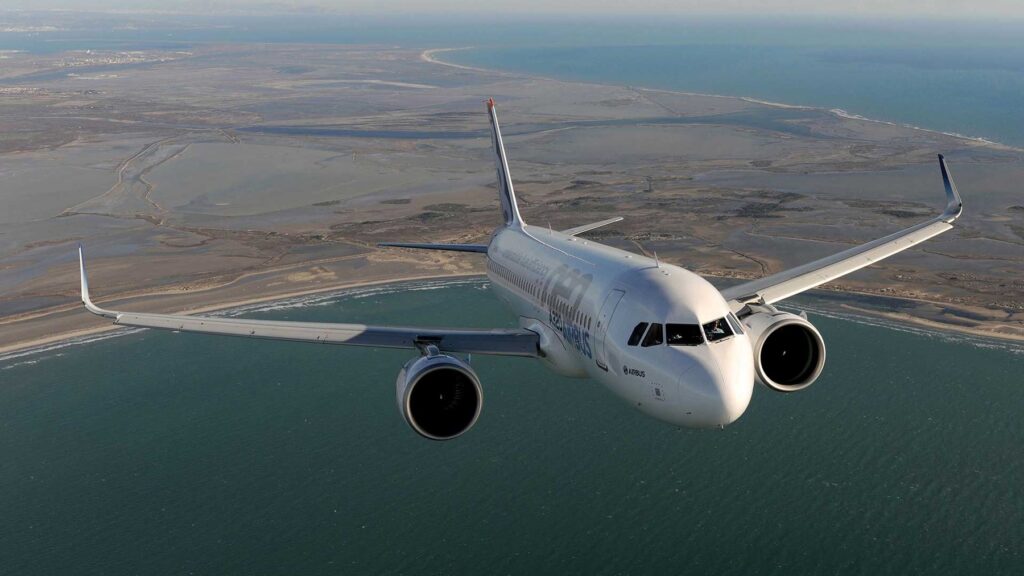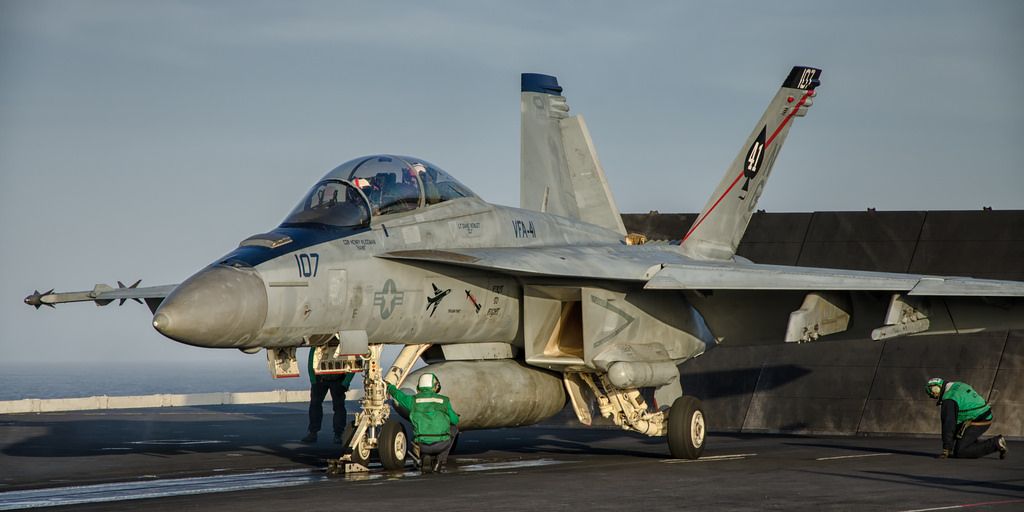Collins Aerospace to Providing Passenger Service Units for Airbus A320 Family Airspace Cabin
Collins Aerospace, a unit of Raytheon Technologies Corp. (NYSE: RTX), has been selected by Airbus (OTC: EADSY) to supply upgraded passenger service units (PSU) for the delivery of the new A320 Family Airspace cabin. The…
